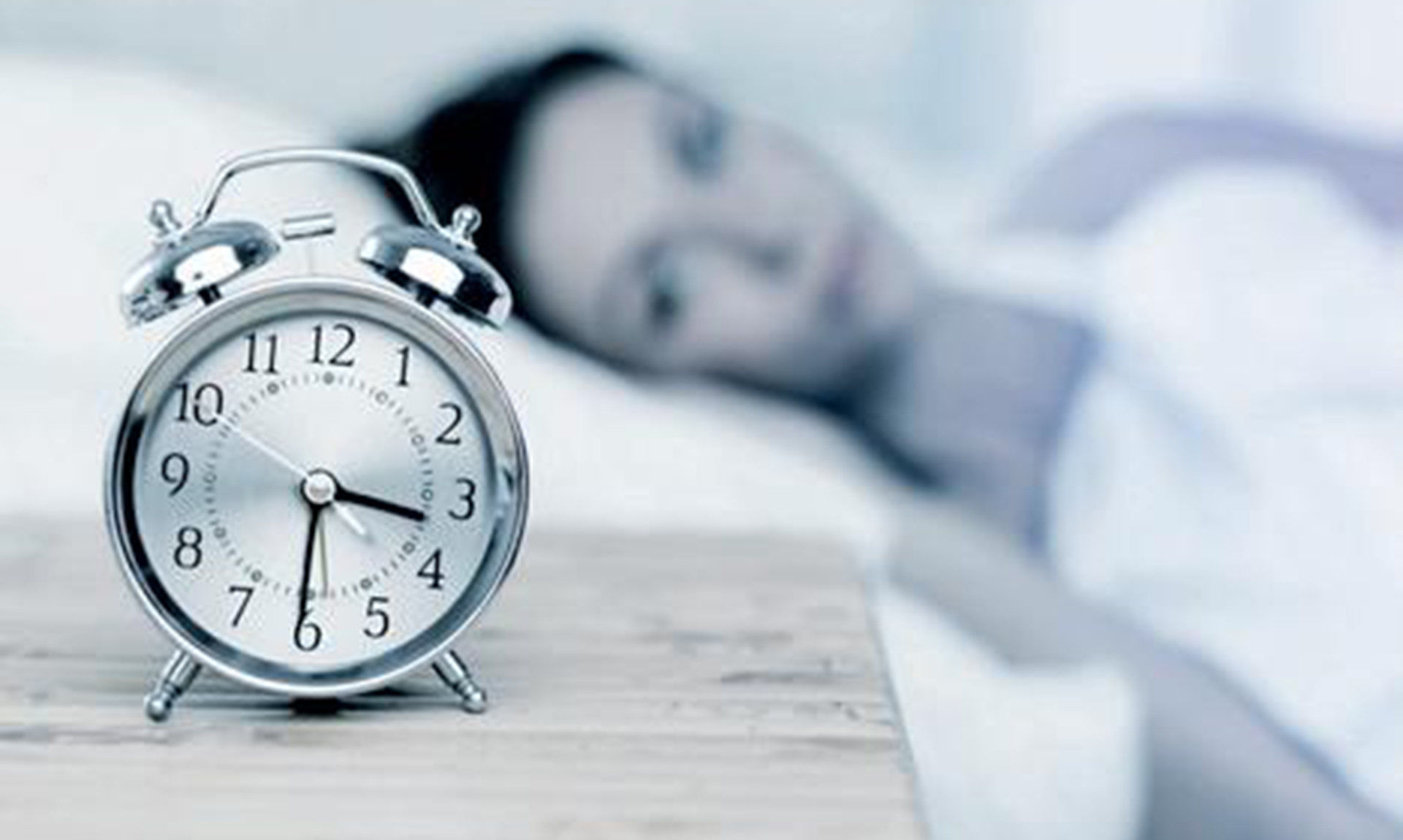
Sick & Tired
Sick & Tired of Being Sick & Tired
Most people live such hectic lives, so it comes as no surprise to find that at any given time, one in ten people are suffering from persistent tiredness.
How often have you heard your friends say, “I just feel tired all the time”?
Women are more likely to be affected than men are, but severe tiredness is a common reason for either one for visiting their GP. With our stressful, busy lives, most people experience tiredness sometimes. Following some rest and relaxation and a good night’s sleep tiredness generally disappears, leaving us refreshed and ready to face our usual activities.
But for some people, tiredness becomes a way of life, a chronic problem that severely affects their ability to function on a daily basis.
There are many possible reasons for chronic tiredness, but it is often due to a combination of factors.
Tiredness can have physical triggers, such as a recent illness, pregnancy or breastfeeding. It can also be triggered by stressful situations, for example, a recent bereavement, moving house, family or work problems. Stress and worry are tiring emotions. Facing a stressful situation can be draining, especially when you cannot see a solution to your problems. Feeling that you have no control over a situation may lead to frustration, irritability and tiredness.
Shift workers, night workers and those with emotionally responsible jobs such as nurses are also more likely to suffer from problem tiredness. As well as well-defined triggers, there are other mental health factors that can increase your tiredness or stop you from regaining your energy when you are tired and run down.

Mental health problems such as depression or anxiety can make you feel more tired and can prevent you from sleeping properly. It can be tempting to catnap during the day, but this is not a good way towards establishing an improved sleep pattern at night. However, this is not an issue that needs to remain with you indefinitely. You may be able to overcome your tiredness with some simple measures.
If you are having trouble sleeping, follow this advice for a better sleep routine:

- Go to bed and get up at the same time every day.
- Ensure that your bedroom is quiet, dark and comfortable and that it is neither too hot nor too cold.
- Don’t eat too near bedtime.
- Take time out to relax before bedtime – chill out to calming music or have a soak in a hot bath.
- Try to get problems and worries out of your head, perhaps by writing recurring thoughts down in a diary.
- Food and drink are important to how you feel too. Ensure that you get a balanced diet and eat proper meals even if you don’t feel like cooking. If you are underweight, gradually increase your portion sizes and your overall calorie intake. Cut down gradually on caffeine and alcohol, especially in the evenings. If you are overweight, try to get your weight under control by becoming more physically active and eating less. Avoid crash diets.
- Being unfit makes you susceptible to tiredness. And being tired often means you don’t exercise enough. It is a vicious circle but you’ll feel so much better if you take steps to break it.
- Introduce physical activity into your routine, gradually increasing the duration and intensity. Start with just ten minutes a day and try to keep it regular. Walking is often the easiest exercise to begin with, but any physical activity that you enjoy and which fits into your lifestyle is fine.
- A small number of people suffer from prolonged, severe and disabling tiredness for which there is no clear cause. This is some- times called myalgic encephalomyelitis (ME) or Chronic Fatigue Syndrome (CFS).
Doctors now recognise that this is an illness although they know less about the causes and treatment than with many other problems. If you think you may be suffering from these or from tiredness that you just cannot shift, make an appointment to see your GP.





